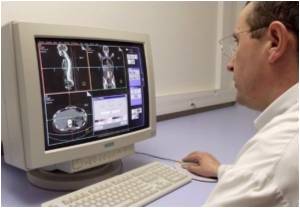People who enjoy life maintain better physical function in daily activities and keep up faster walking speeds as they age, compared with people who enjoy life less.

A study of 3199 men and women aged 60 years or over living in England looked at the link between positive well-being and physical well-being, following participants over 8 years. Participants were divided into three age categories: 60–69, 70–79 and 80 years or over.
Researchers from University College London (UCL), United Kingdom, assessed participants' enjoyment of life with a four-point scale, rating the following questions: "I enjoy the things that I do," "I enjoy being in the company of others," "On balance, I look back on my life with a sense of happiness" and "I feel full of energy these days." Researchers used personal interviews to determine whether participants had impairments in daily activities such as getting out of bed, getting dressed, bathing or showering. They gauged walking speed with a gait test.
"The study shows that older people who are happier and enjoy life more show slower declines in physical function as they age," states Dr. Andrew Steptoe, UCL. "They are less likely to develop impairments in activities of daily living such as dressing or getting in or out of bed, and their walking speed declines at a slower rate than those who enjoy life less."
Participants in the 60–69-year bracket had higher levels of well-being as did those with higher socioeconomic status and education and those who were married and working. Not surprisingly, people with chronic illnesses such as heart disease, diabetes, arthritis, stroke and depression had lower levels of enjoyment of life.
People with low well-being were more than three times as likely as their positive counterparts to develop problems in their daily physical activities.
Advertisement
"Our results provide further evidence that enjoyment of life is relevant to the future disability and mobility of older people," Steptoe and coauthors conclude. "Efforts to enhance well-being at older ages may have benefits to society and health care systems."
Advertisement












